
Gamification and John Dewey
How does John Dewey’s pioneering work in modern education relate to gamification in learning today? Interaction, Growth, Interest and Experience – that’s how. […]

How does John Dewey’s pioneering work in modern education relate to gamification in learning today? Interaction, Growth, Interest and Experience – that’s how. […]

The term ‘Flow’ is often used in reference to games, as well as in learning settings. It’s an important concept within both contexts of games-based learning. […]

If this book by Engelstein and Shalev had existed back then, I would definitely have used it to explore game mechanics to inform my game design. […]
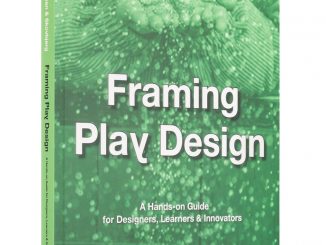
When we play, we explore and create things that can never come into being when we are focused on doing things right and achieving […]
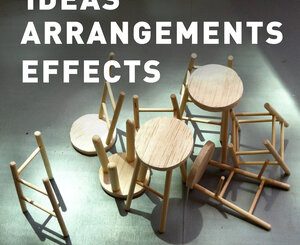
Ideas, Arrangements, Effects (IAE) starts with a simple premise – that ideas are embedded in social arrangements, which in turn produce effects. […]
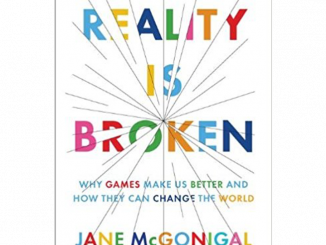
The main thesis of this book is that games can be used as ‘meaningful work’ in the face of some of the world’s most intractable problems. […]

Games Design models which focus on the relationship between game designer and player, and the game features and behaviours which emerge from that relationship. […]
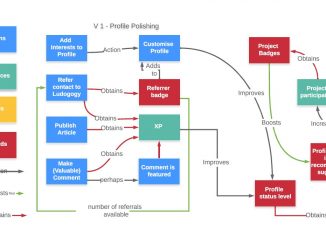
If you are serious about offering Octalysis-based gamification design to clients, or a project of your own to gamify, this course will amply repay your effort […]

We all play games for multiple reasons. No matter what the reason, we agree to a certain set of rules and expectations of play. Some of this involves us entering the “magic circle” of games. […]

Game theory is the study of mathematical models of strategic interaction among rational decision-makers. It features ‘toy games’ to explain theories of conflict […]
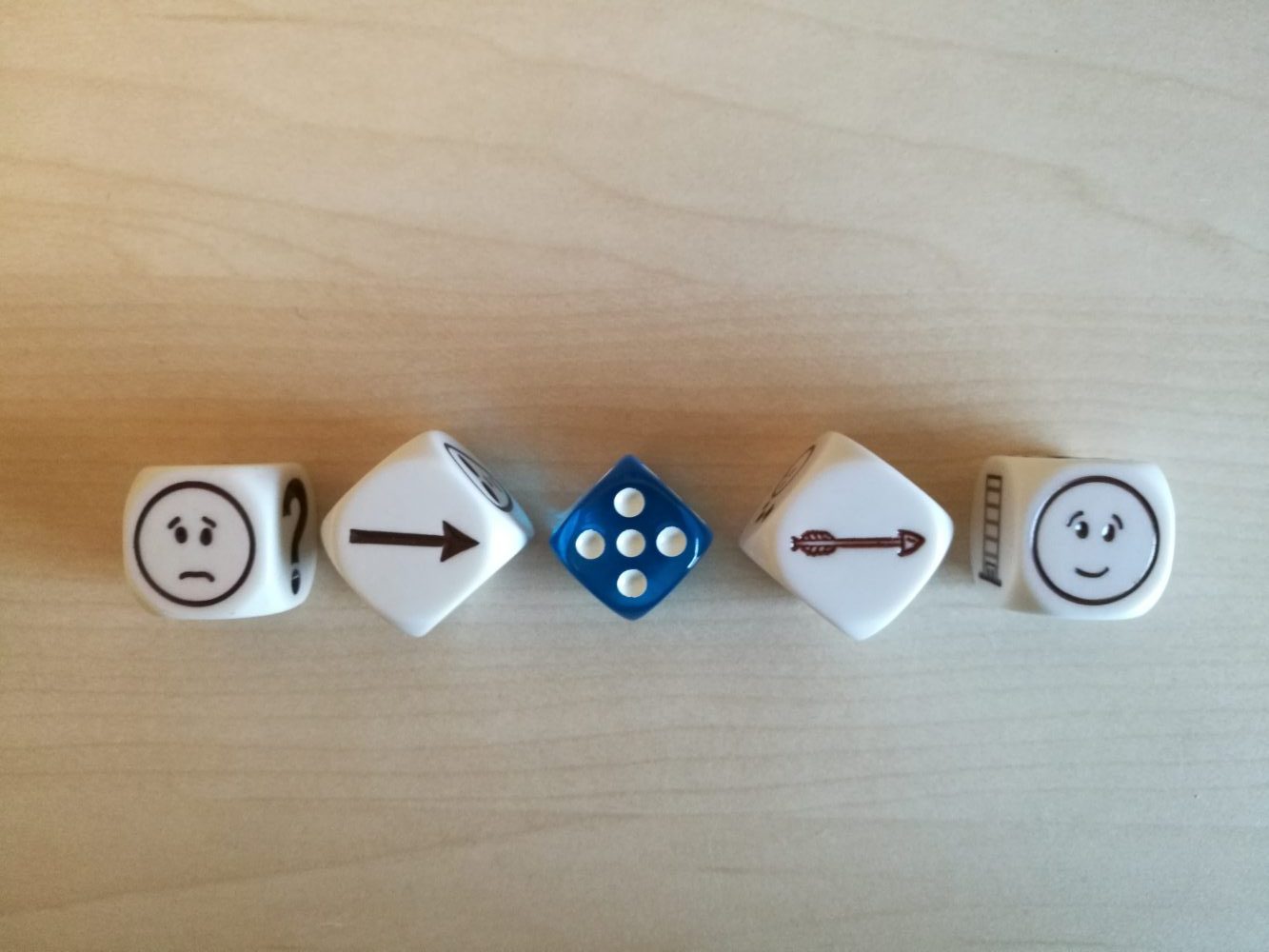
This article contains a list of twenty-three lessons learned from games and turning our lives into games. This list is an extended excerpt from the book Gameful Project Management. The extensions are mainly from Self-Gamification […]
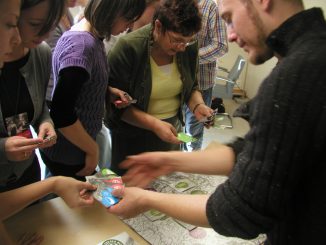
Educators (and indeed most other people) seem to be quite happy with the idea that children, and other young animals, learn from play. Felines learn hunting skills by being given food to play with by […]

Have you ever thought: “I want to learn to speak _____”? That same energising thought got 300 million people to try out Duolingo, a freemium tool to learn any of 36 (and rising) languages. These include little-spoken […]
Ludogogy 2025